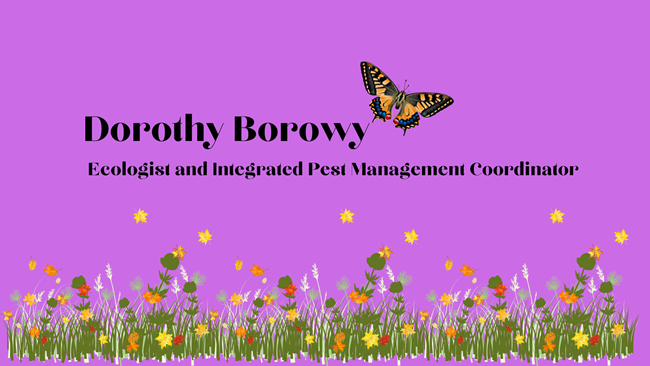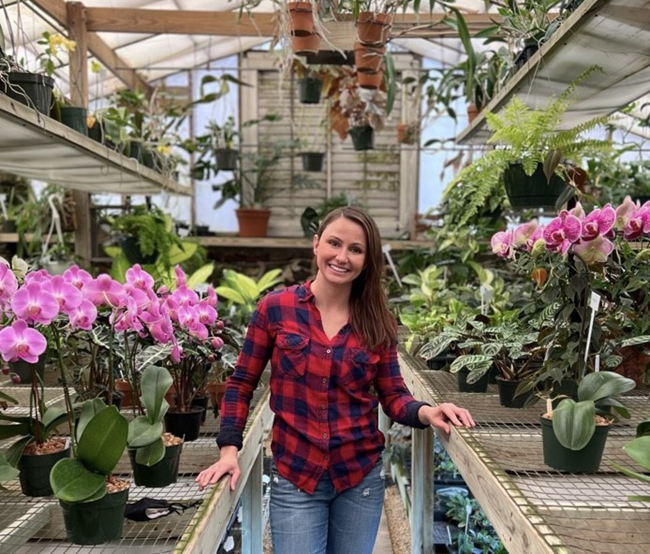Last updated: March 9, 2022
Article
Women in Landscape-Scale Conservation: Dorothy Borowy

How did you get started working in landscape-scale conservation?
I started working in landscape-scale conservation in graduate school, where I worked on several projects that focused on understanding how urban environments influence the distribution of plant communities in different areas. The goal of my research was to develop strategies for enhancing native biodiversity and ecosystem services at the scale of the city.What does the term connected conservation mean to you?
Connected conservation means working with various individuals, organizations, and agencies in developing and achieving conservation goals. Landscape-level conservation requires an understanding of complex processes—such as the movement of water through a watershed, species distributions, and how entire ecosystems function—which don’t stop at the boundaries of a park. Successful conservation at this scale can, therefore, only be achieved through collaboration with landowners and experts in various fields.

Tell us about a project that you have worked on that you are especially proud of.
The National Capital Area has been working on expanding grassland conservation and restoration in the region. I’ve had the opportunity to work with our parks on developing several projects focused on this effort, including restoring a globally critically imperiled limestone glade ecosystem at Harpers Ferry National Historical Park and working with a group of fantastic volunteers surveying plants and insects in Rock Creek Park’s largest meadow. These projects have been incredibly rewarding, and I’m looking forward to working on more grassland projects in the future.If you could collaborate with anyone or any organization who would it be?
This is a tough question because there are many people and organizations I would be honored to work with! However, if I had to choose, I’d pick someone/an organization working in an innovative area of research and conservation. In particular, the field of evolutionary conservation, which merges understanding how species adapt to different environmental conditions with long-term conservation efforts, is both an exciting area of study and incredibly relevant in our rapidly changing world.
